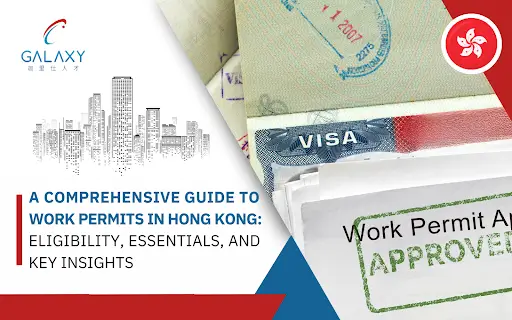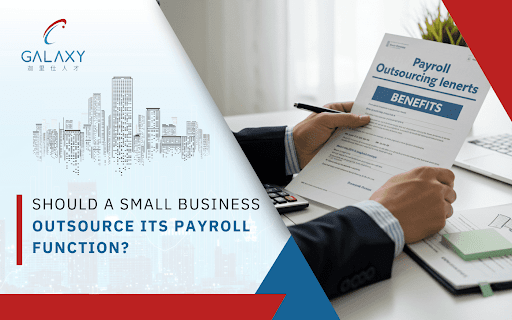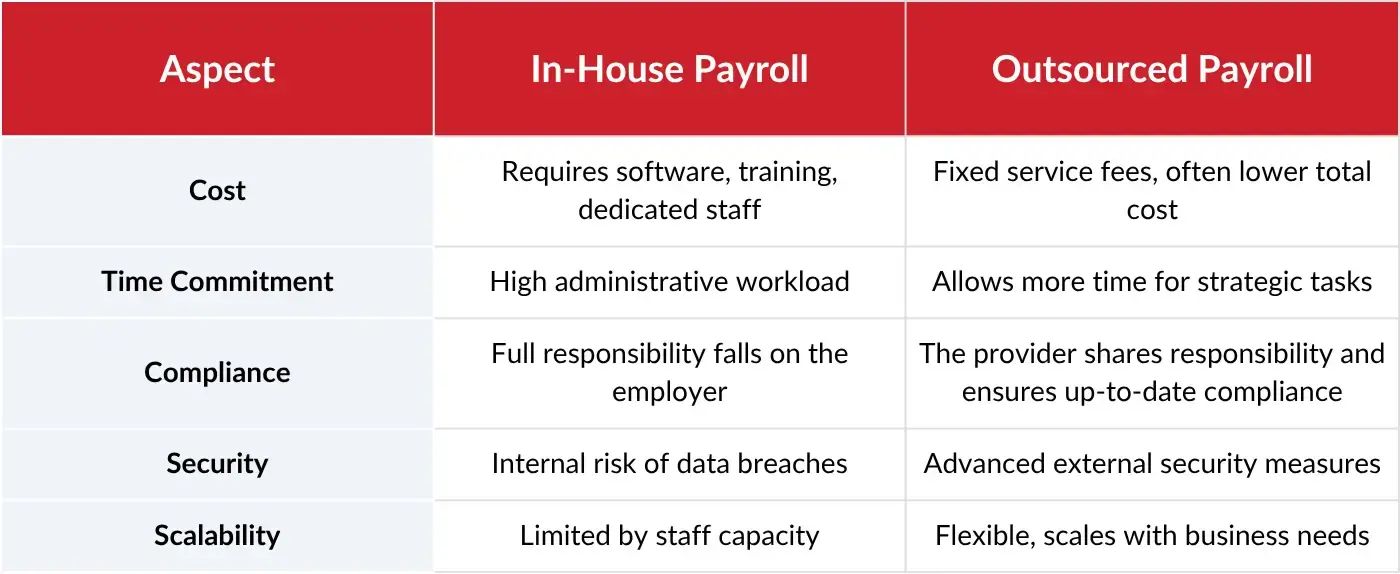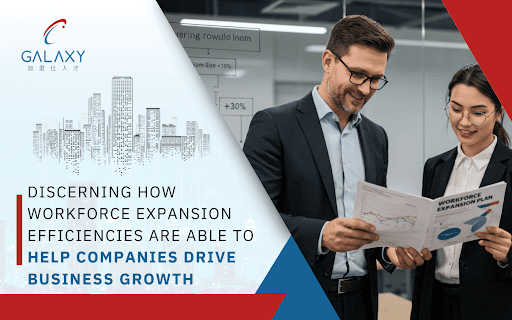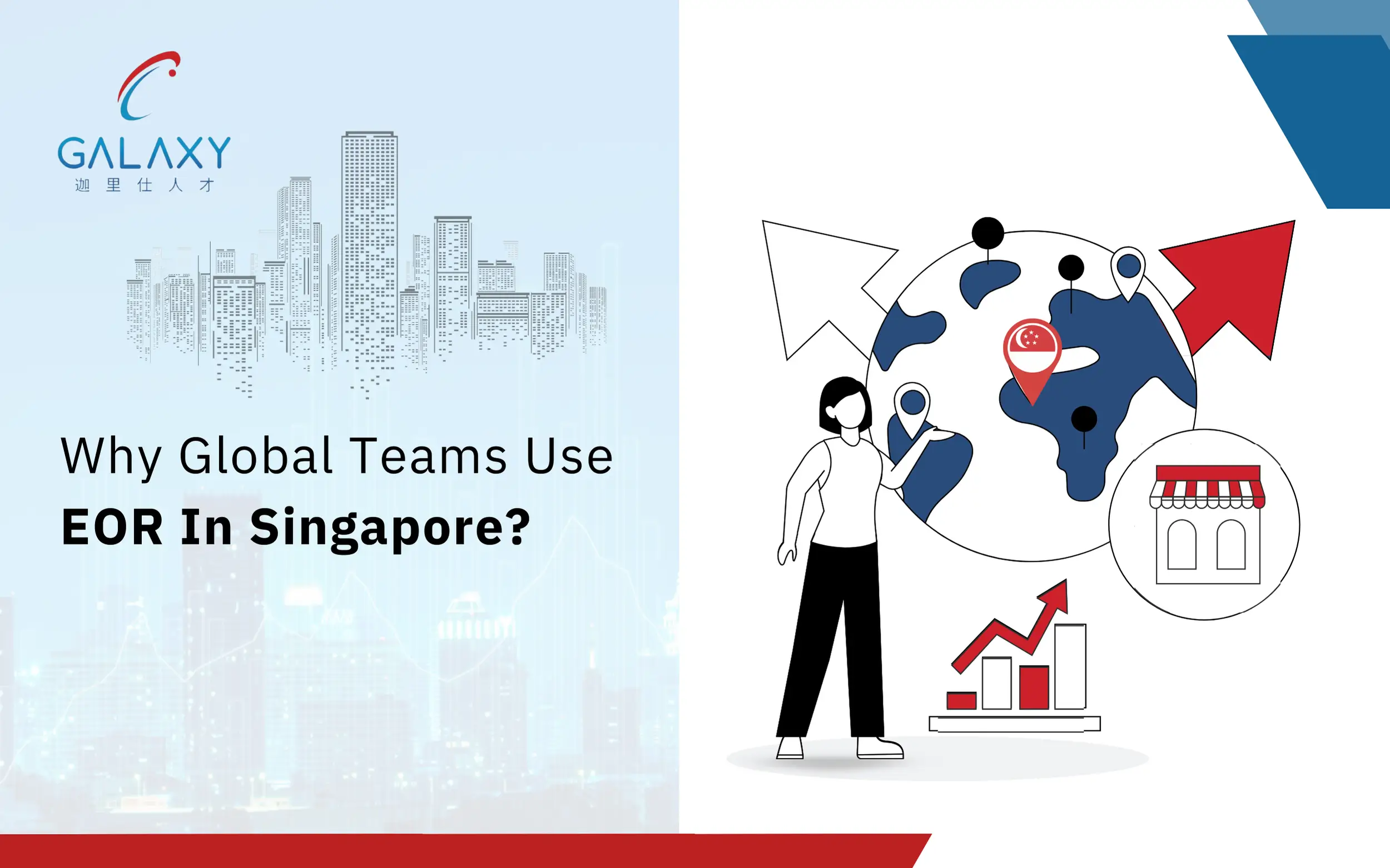Hiring Foreign Talent in Taiwan
Planning to hire foreign talent in Taiwan? This video is your all-in-one guide to understanding the Taiwan work permit ,employment in Taiwan and visa process from an employer’s perspective. As Taiwan’s economy continues to grow and diversify, more companies are turning to international professionals to meet their talent needs – especially in areas like technology, education, healthcare, and engineering. However, hiring foreign nationals in Taiwan involves a structured legal framework, and it’s essential for employers to understand each step of the work visa Taiwan process to avoid delays, penalties, or rejections.
In this video, we’ll walk you through the entire Taiwan job hiring process – from preparing the correct documentation to applying for a work permit through Taiwan’s Ministry of Labor. We’ll explain the eligibility criteria for both employers and employees, the types of positions that qualify for foreign hires, and the documents required for submission. You’ll also learn about processing timelines, contract requirements, and best practices to ensure compliance with Taiwan’s employment laws, immigration regulations and tax compliance in Taiwan.
Beyond the standard work permit, you’ll be introduced to Taiwan’s special visa programs such as the Employment Gold Card. This program is designed to attract high-level international talent and offers multiple benefits, including a three-in-one permit for work, residence, and re-entry, along with tax incentives and family sponsorship options. Understanding these programs can give your business a competitive edge when it comes to attracting skilled professionals from around the world and strengthening your approach to employment in Taiwan, especially when managing a remote workforce in Taiwan or leveraging EOR in Taiwan support.
Whether you’re a startup looking to expand your team or a large organization bringing in specialized talent, this video will help you navigate the complex requirements of Taiwan job hiring with confidence. By following the proper procedures and staying informed, you can simplify your hiring process, maintain accurate payroll, and align with local standards such as minimum wage and average salary, ensuring a smooth transition for your foreign employees.
So, if you’re ready to take your hiring in Taiwan strategy global and tap into Taiwan’s vibrant talent market, reach out Galaxy Group and we can explain everything you’ll need to know about hiring expatriate workers legally and efficiently.
Simplify Hiring in Taiwan with Expert Support
Whether it’s work permits, visa applications, or full employment compliance—Galaxy Group is here to help you hire international talent with confidence.
FAQ’S
How do employers get a Taiwan work permit for hiring foreign professionals?
Employers must first register with the Ministry of Labor and verify that the job role qualifies for foreign hires. They must then submit a Taiwan work permit application through the Workforce Development Agency, including documents like the employment contract and proof of qualifications. Once approved, the foreign professional can apply for their work visa and Alien Resident Certificate (ARC). Following this process ensures legal and compliant employment in Taiwan.
What benefits does the Employment Gold Card offer to foreign professionals in Taiwan?
Taiwan’s Employment Gold Card offers foreign professionals a 3-in-1 permit for work, residence, and re-entry, valid for up to 3 years. It also provides tax incentives, freedom to switch employers, and the ability to bring dependents. This program supports high-level talent seeking flexible and long-term employment in Taiwan with fewer bureaucratic restrictions.
How is payroll managed for foreign workers in Taiwan?
Employers must pay salaries in New Taiwan Dollars, follow local payroll in Taiwan regulations, withhold taxes correctly, and ensure enrollment in labor and health insurance. Proper payroll handling is key to staying compliant with employment in Taiwan laws.

